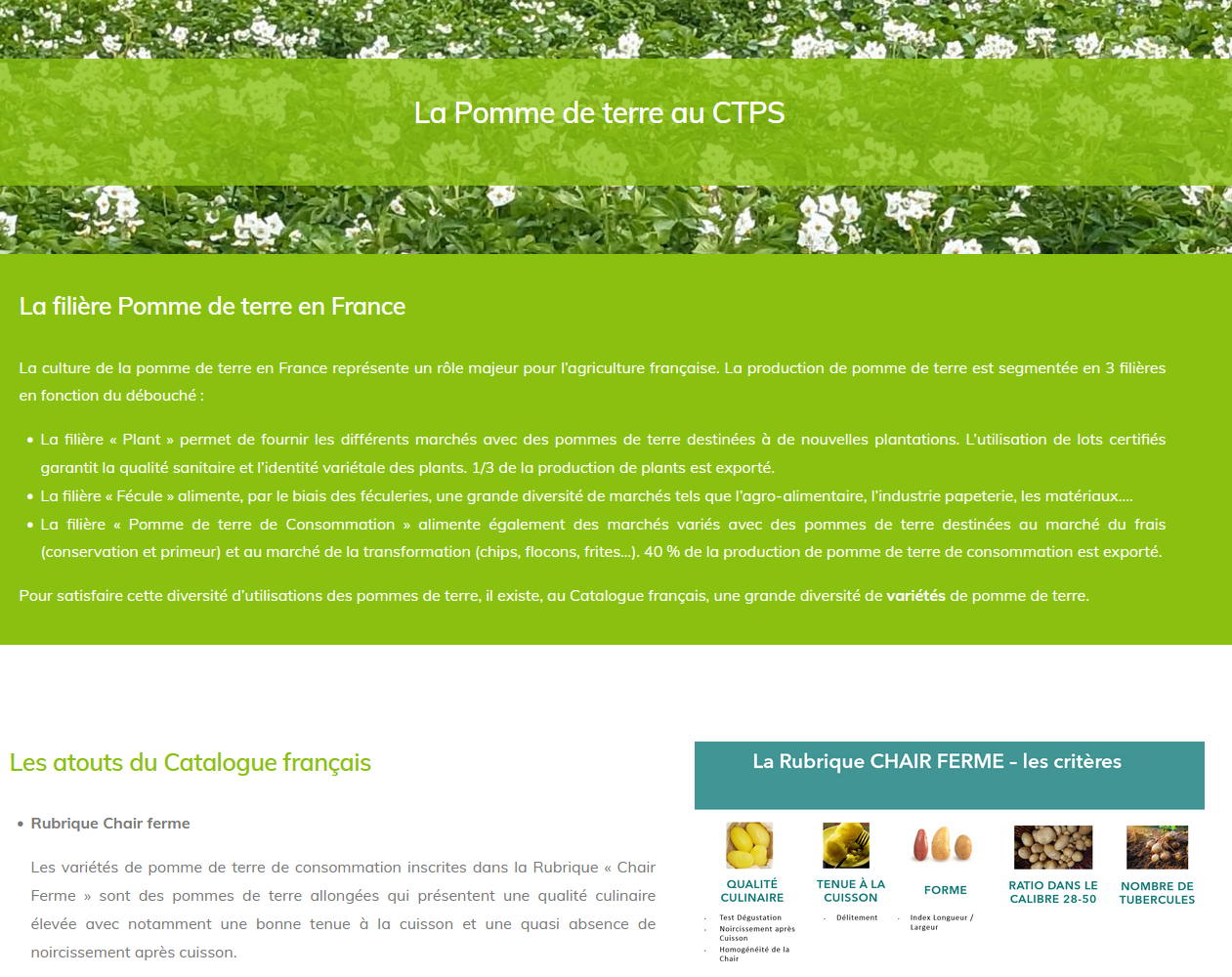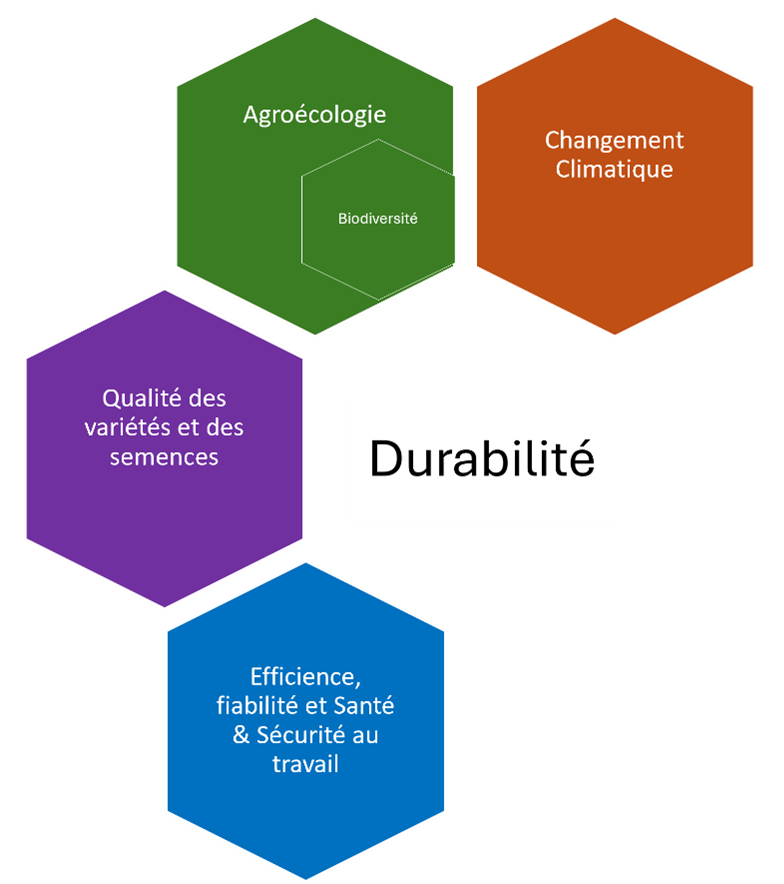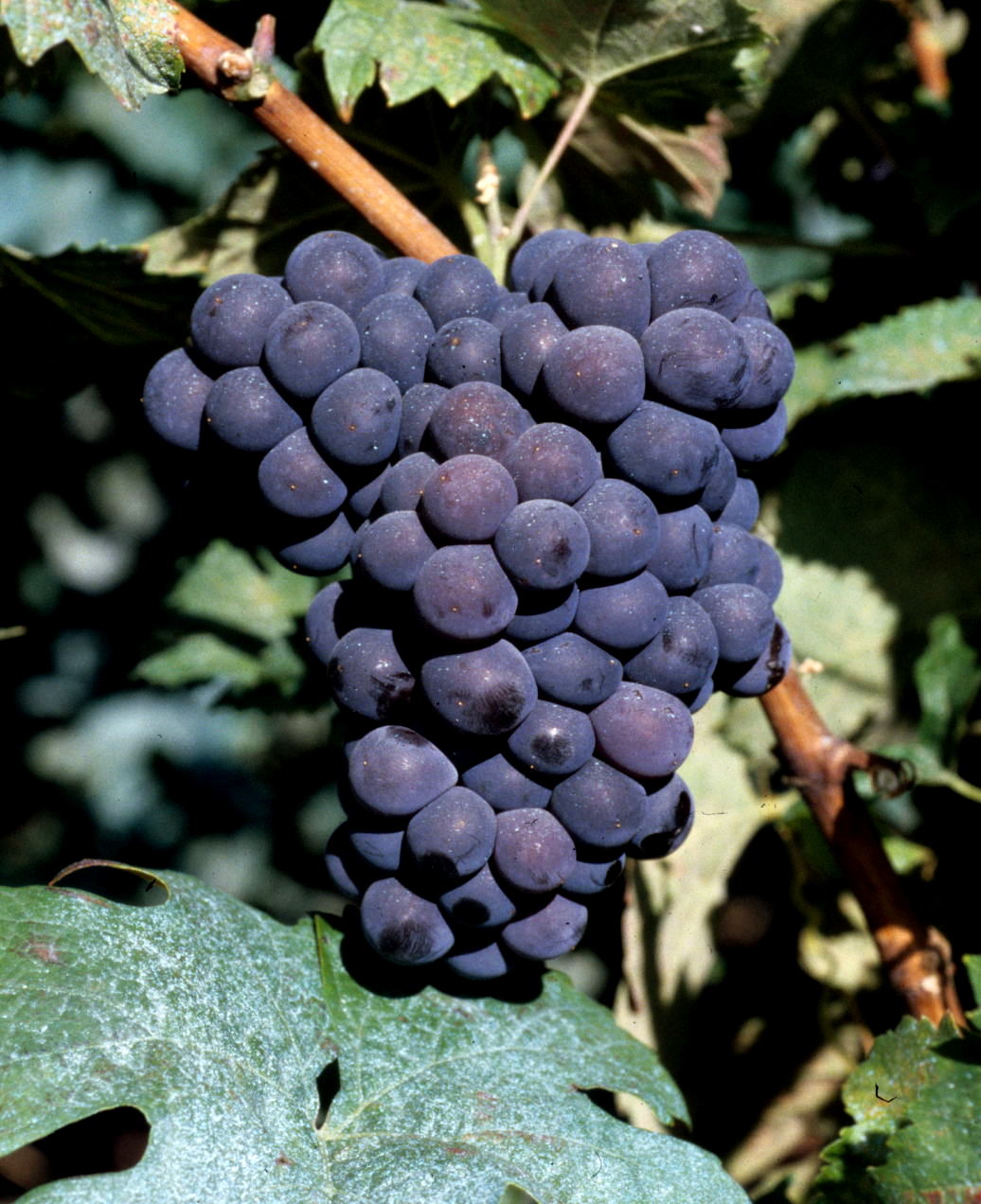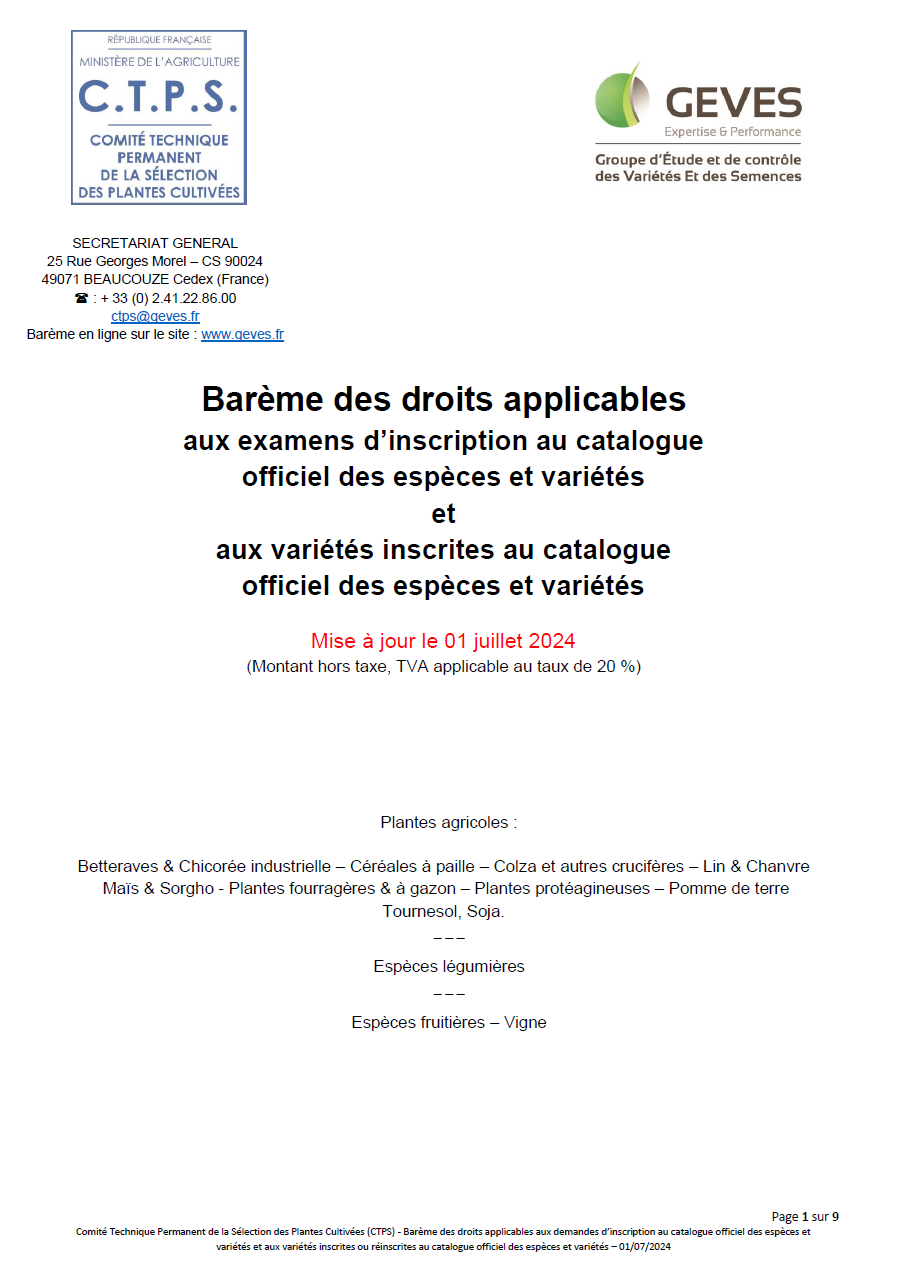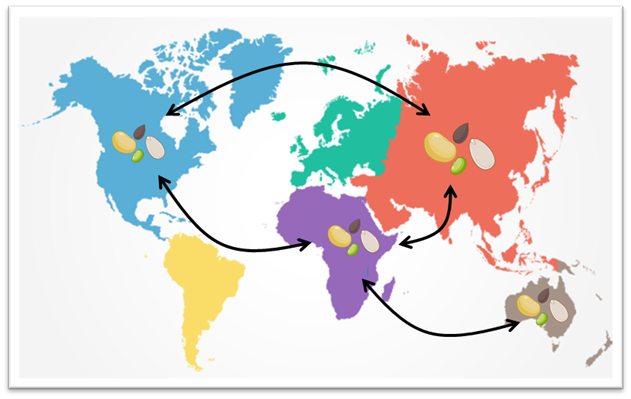
Building a network for the exchange of healthy and infested seeds worldwide, for use as reference material
Seeds are an essential resource for developing, validating, and evaluating detection methods in plant pathology. However, access to this material can be difficult. The project “infrastructure for sharing infested seeds” coordinated by GEVES aims to develop a platform to facilitate seed exchange.
Seeds represent an essential resource for the seed actors, such as the development of new detection methods, the organisation of proficiency tests and training. These missions are particularly important for GEVES as the National Reference Laboratory (LNR). However, acquiring this material can be difficult, especially in the field of pathology where healthy seed lots or those infected by various pathogens are being researched. Infected seed can be quickly eliminated by producers, the circulation of seed is regulated differently in each country and the viability of pests changes over time.
In this context, it appeared necessary to set up a network of laboratories and seed actors in order to organise and link suppliers and users of seeds in the particular context of plant pathology.
The project “Infrastructure for sharing infested seeds”, coordinated by GEVES, was accepted by Euphresco and started in June 2022. It currently has 13 international participants including laboratories involved in official controls and seed companies. This 3-year project aims to develop a platform to obtain exchange characterised seed lots and to provide information on the import/export regulations to facilitate seed movement. The first step of this project will be to set up a survey to identify seed needs and suppliers ready to share material. A part of the project will deal with the production and exchange of contaminated seed, including the definition of important criteria to be assessed on a seed lot such as the level of contamination or the quantity of seed available.
In the end, this project will facilitate international seed exchanges as part of the development of many research seed projects.

